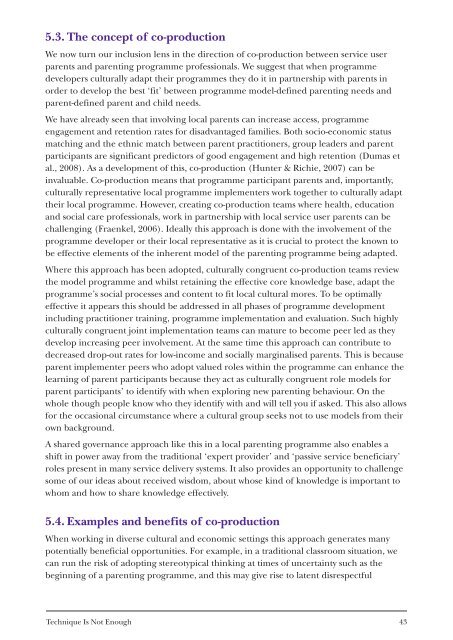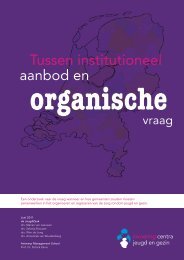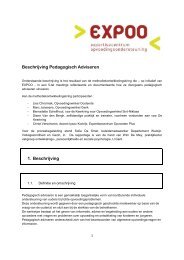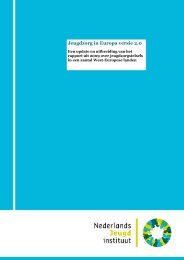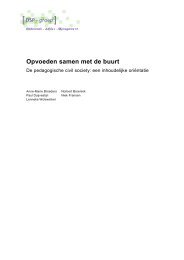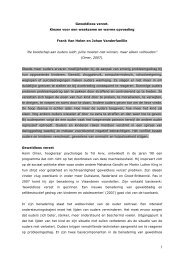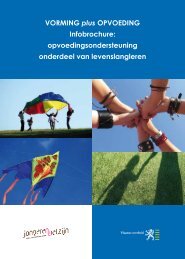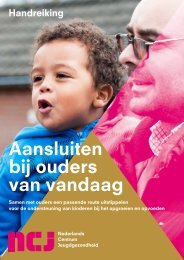Technique Is Not Enough (TINE) - British Psychological Society
Technique Is Not Enough (TINE) - British Psychological Society
Technique Is Not Enough (TINE) - British Psychological Society
- No tags were found...
You also want an ePaper? Increase the reach of your titles
YUMPU automatically turns print PDFs into web optimized ePapers that Google loves.
5.3. The concept of co-productionWe now turn our inclusion lens in the direction of co-production between service userparents and parenting programme professionals. We suggest that when programmedevelopers culturally adapt their programmes they do it in partnership with parents inorder to develop the best ‘fit’ between programme model-defined parenting needs andparent-defined parent and child needs.We have already seen that involving local parents can increase access, programmeengagement and retention rates for disadvantaged families. Both socio-economic statusmatching and the ethnic match between parent practitioners, group leaders and parentparticipants are significant predictors of good engagement and high retention (Dumas etal., 2008). As a development of this, co-production (Hunter & Richie, 2007) can beinvaluable. Co-production means that programme participant parents and, importantly,culturally representative local programme implementers work together to culturally adapttheir local programme. However, creating co-production teams where health, educationand social care professionals, work in partnership with local service user parents can bechallenging (Fraenkel, 2006). Ideally this approach is done with the involvement of theprogramme developer or their local representative as it is crucial to protect the known tobe effective elements of the inherent model of the parenting programme being adapted.Where this approach has been adopted, culturally congruent co-production teams reviewthe model programme and whilst retaining the effective core knowledge base, adapt theprogramme’s social processes and content to fit local cultural mores. To be optimallyeffective it appears this should be addressed in all phases of programme developmentincluding practitioner training, programme implementation and evaluation. Such highlyculturally congruent joint implementation teams can mature to become peer led as theydevelop increasing peer involvement. At the same time this approach can contribute todecreased drop-out rates for low-income and socially marginalised parents. This is becauseparent implementer peers who adopt valued roles within the programme can enhance thelearning of parent participants because they act as culturally congruent role models forparent participants’ to identify with when exploring new parenting behaviour. On thewhole though people know who they identify with and will tell you if asked. This also allowsfor the occasional circumstance where a cultural group seeks not to use models from theirown background.A shared governance approach like this in a local parenting programme also enables ashift in power away from the traditional ‘expert provider’ and ‘passive service beneficiary’roles present in many service delivery systems. It also provides an opportunity to challengesome of our ideas about received wisdom, about whose kind of knowledge is important towhom and how to share knowledge effectively.5.4. Examples and benefits of co-productionWhen working in diverse cultural and economic settings this approach generates manypotentially beneficial opportunities. For example, in a traditional classroom situation, wecan run the risk of adopting stereotypical thinking at times of uncertainty such as thebeginning of a parenting programme, and this may give rise to latent disrespectful<strong>Technique</strong> <strong>Is</strong> <strong>Not</strong> <strong>Enough</strong> 43


